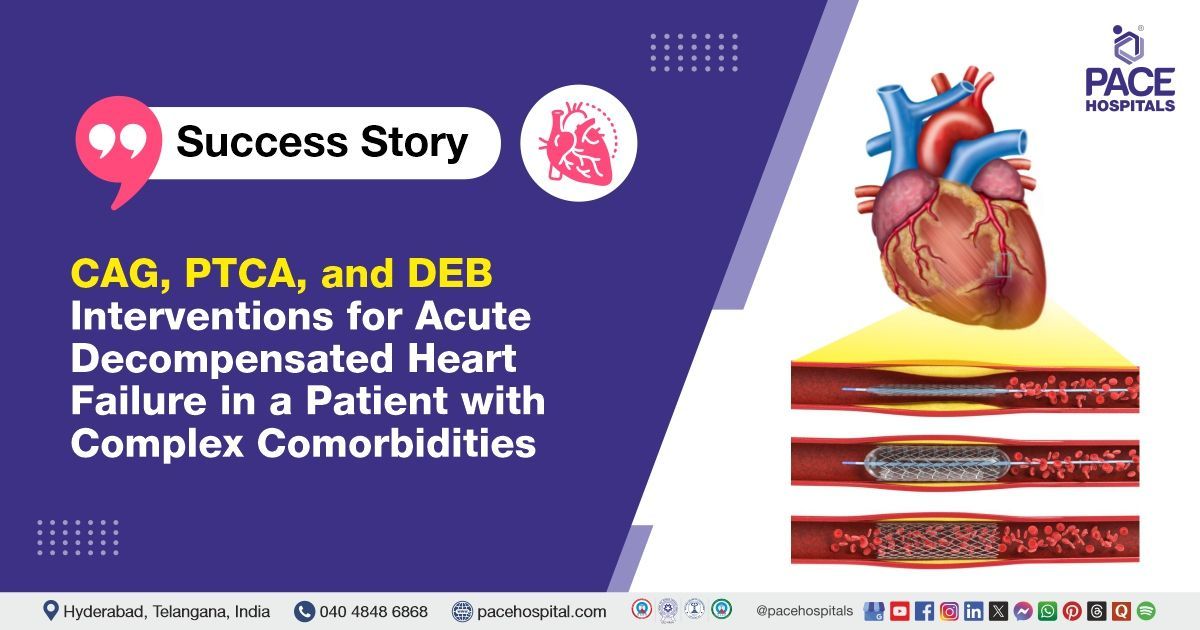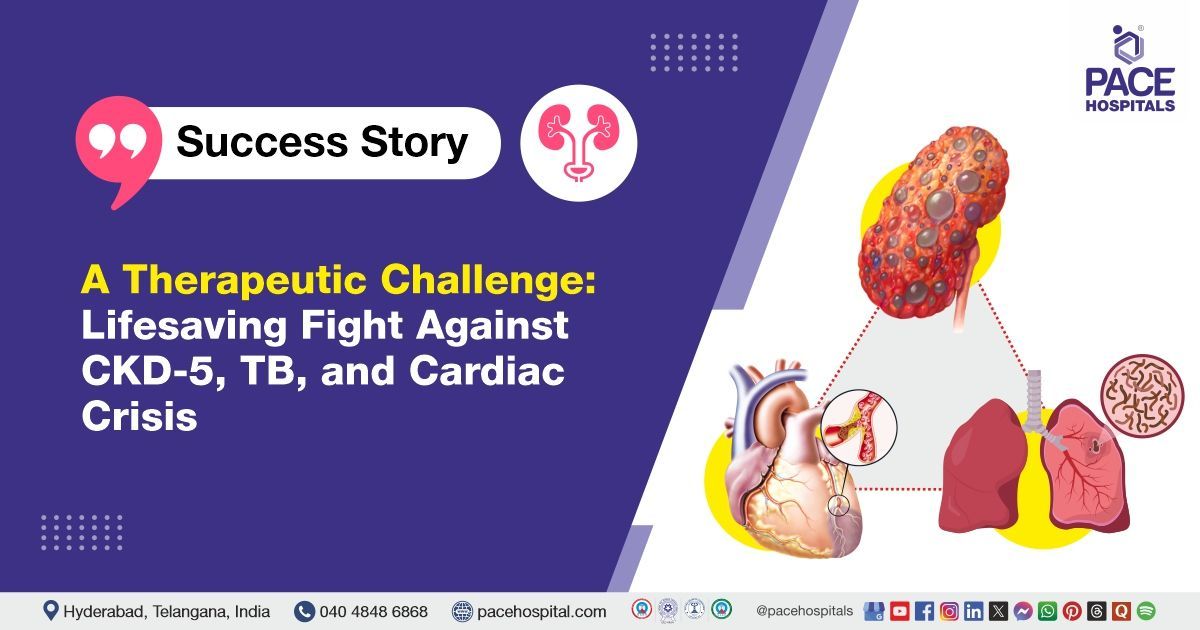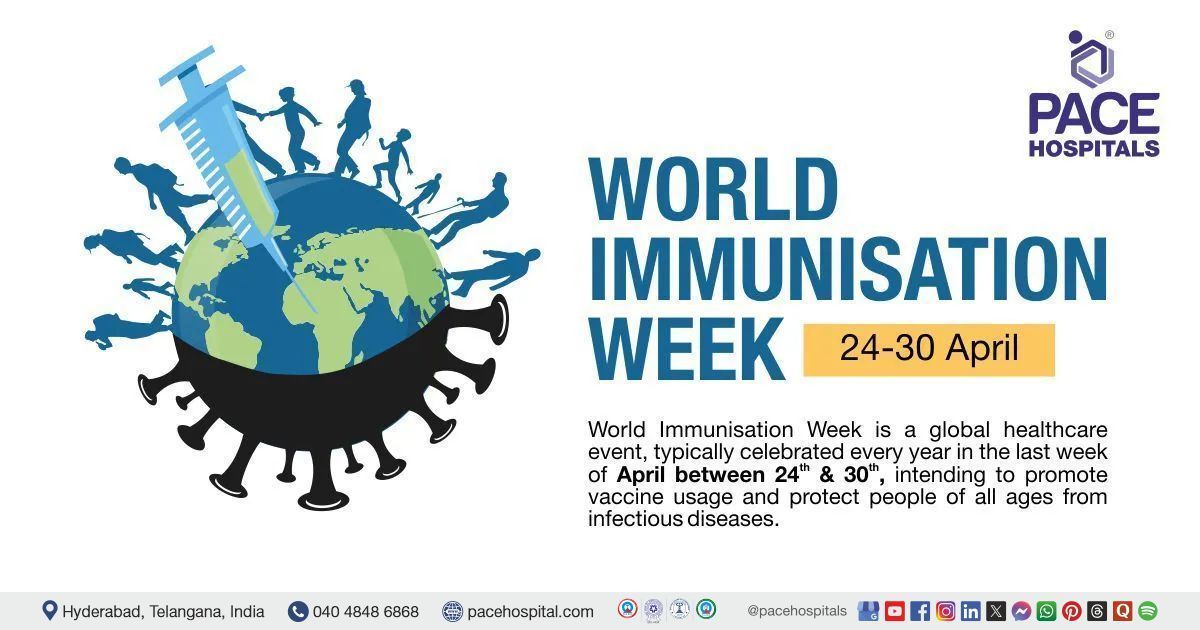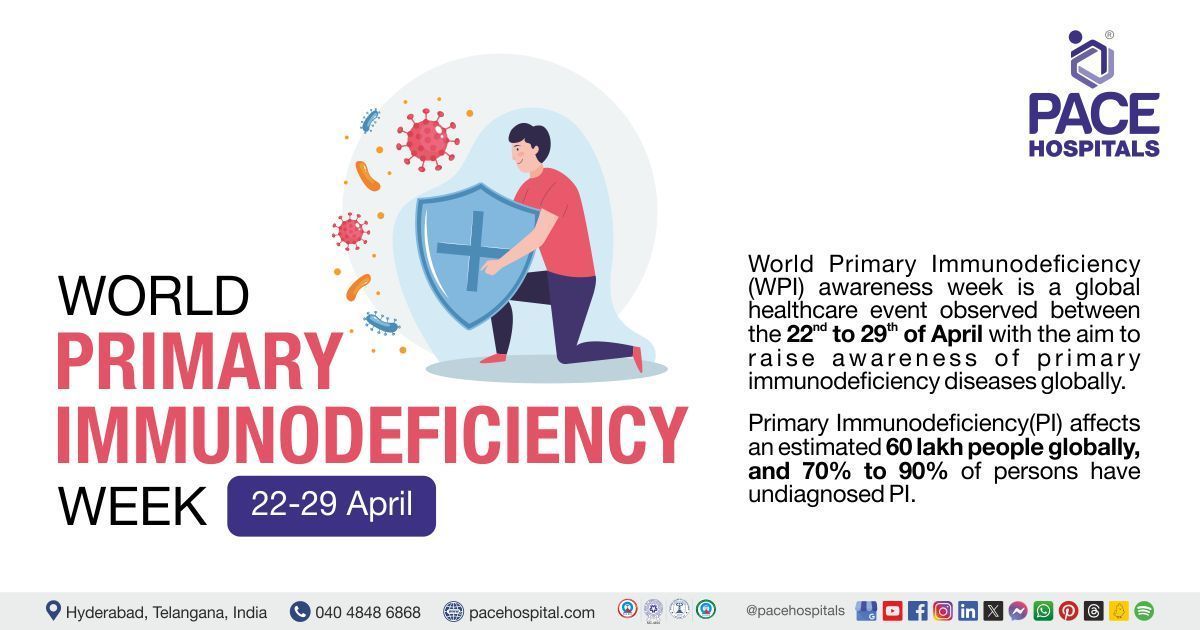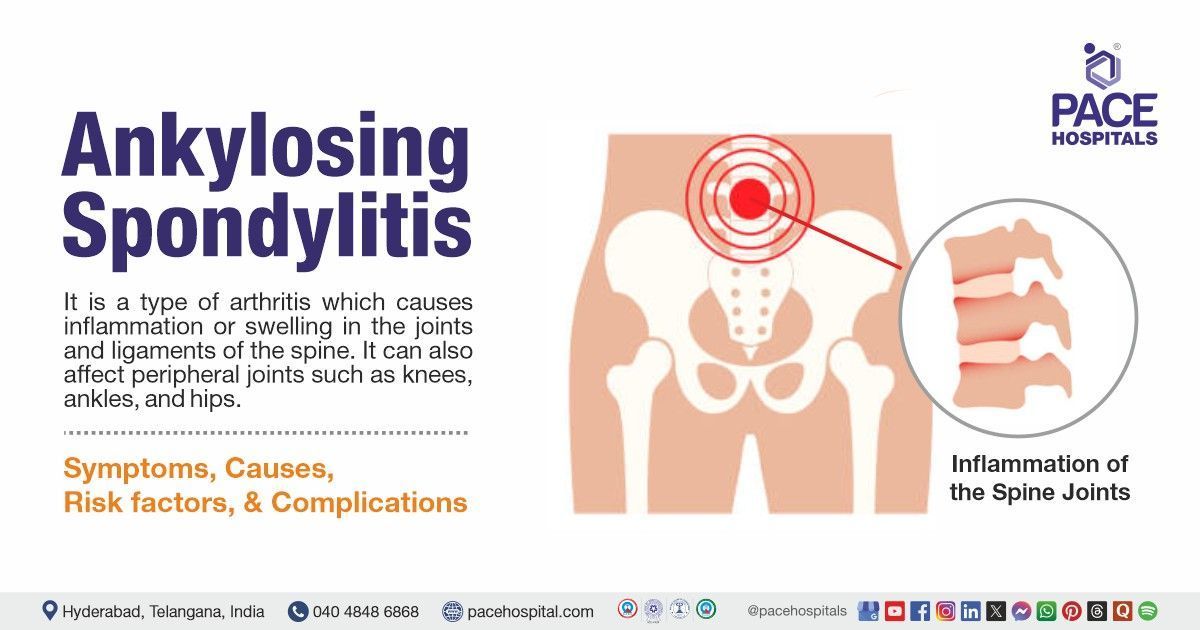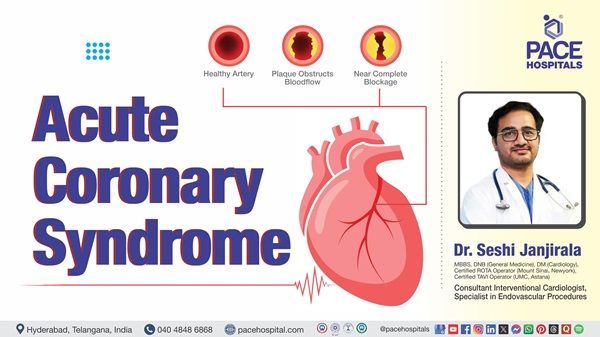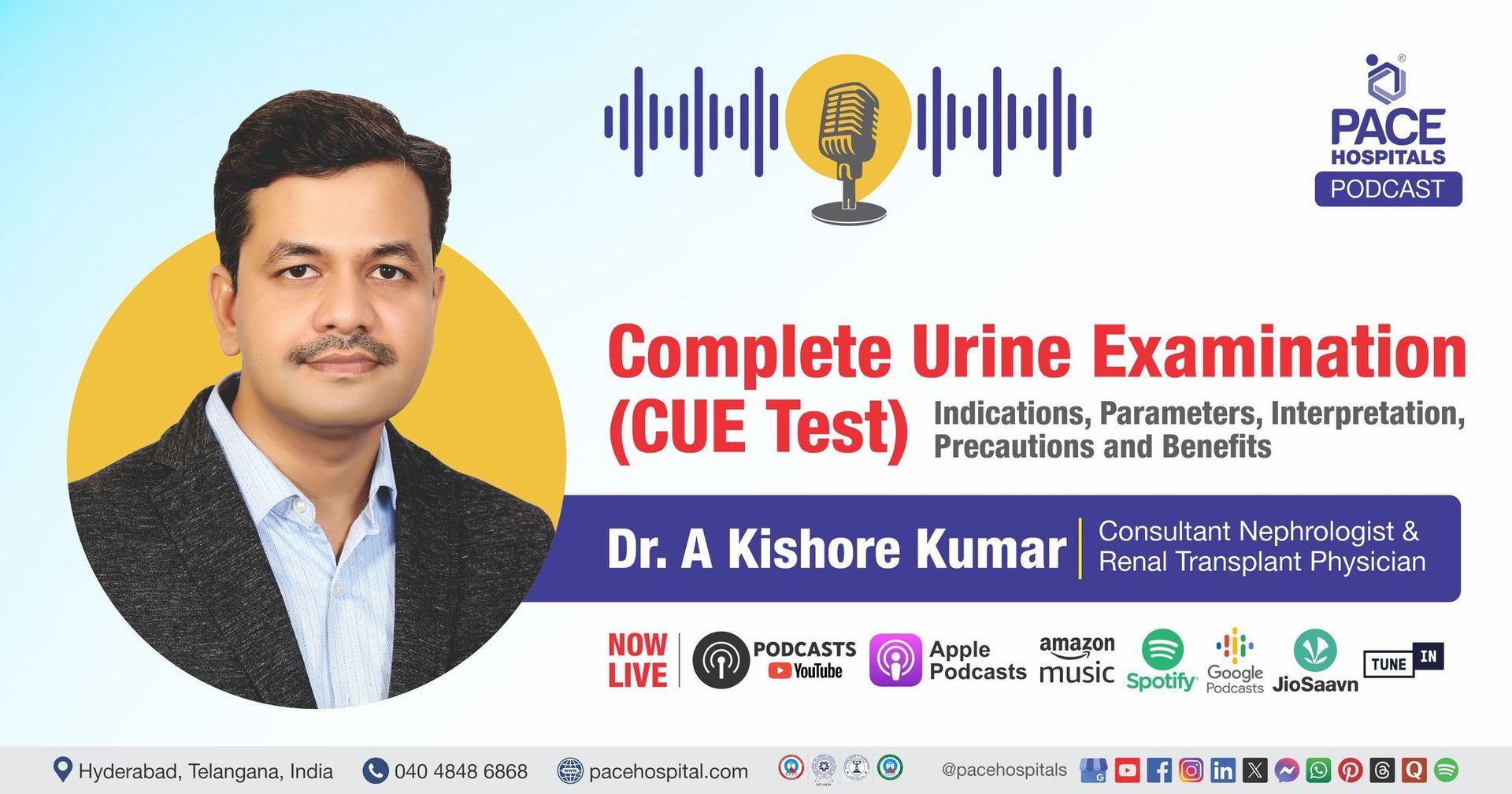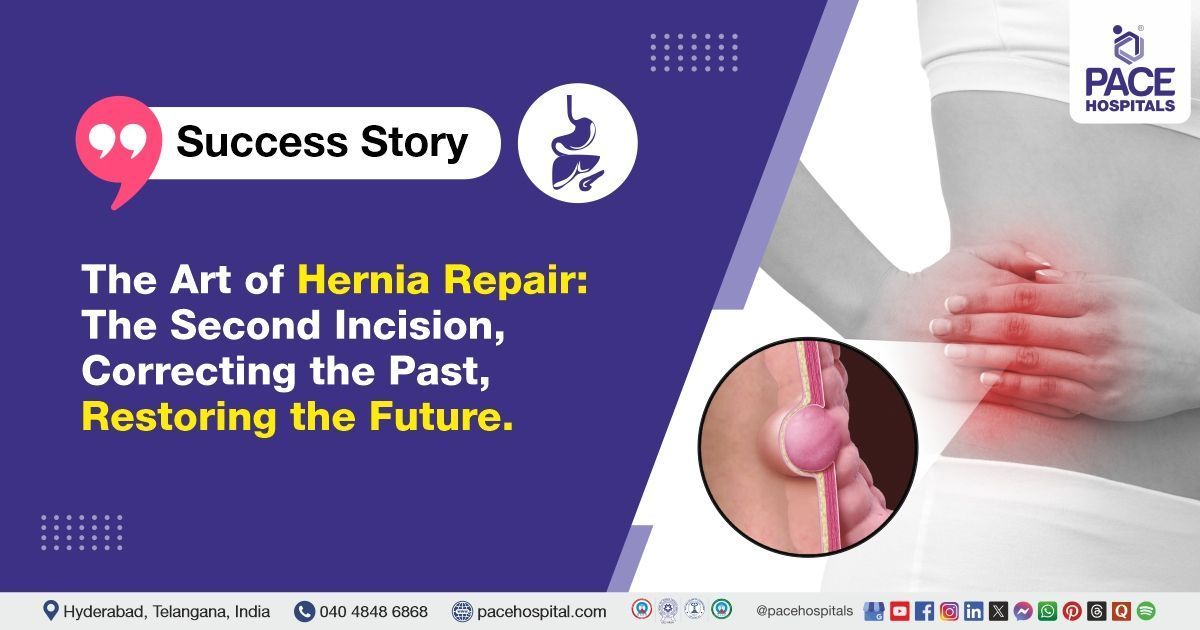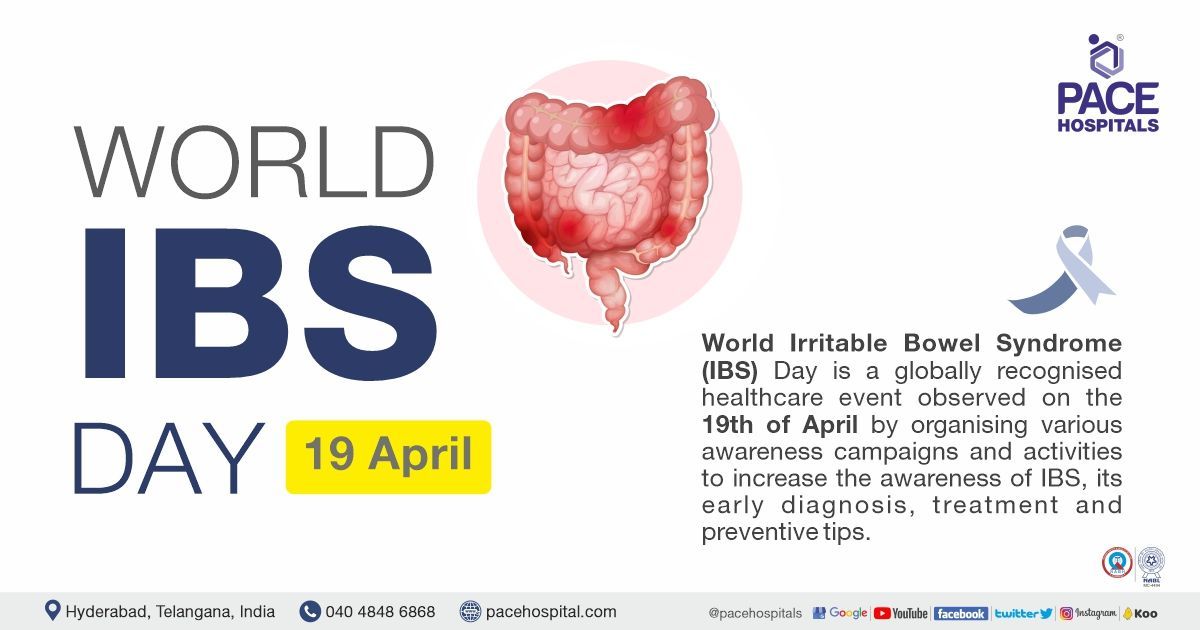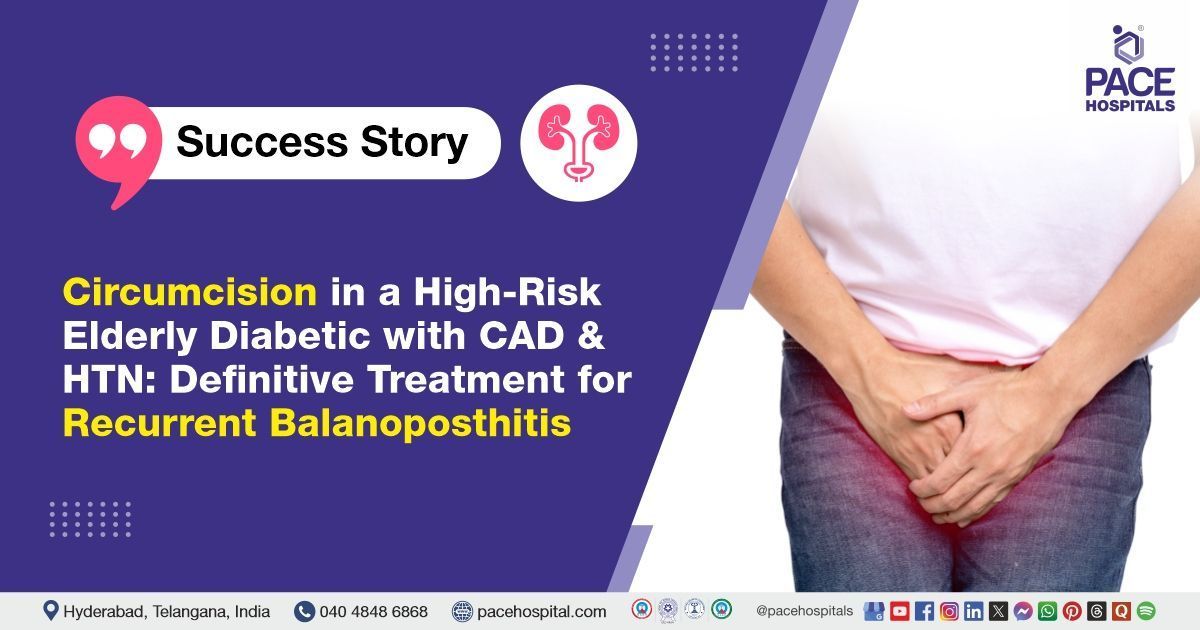CAG, PTCA, and DEB Interventions for Acute Decompensated Heart Failure
PACE Hospitals’ Cardiology team successfully performed CAG, PTCA, and DEB to manage Acute Decompensated Heart Failure (ADHF), preventing future complications.
A 64-year-old female patient with complaints of severe shortness of breath and generalized weakness for 3 days, associated with chest discomfort, was presented to PACE Hospitals, Hitech City, Hyderabad.
Medical History
Delving deeper, it was understood that the patient had complaints of severe shortness of breath and generalized weakness for 3 days associated with chest discomfort, which led to her admission to PACE Hospitals for additional care and management.
The patient had a history of several medical conditions, including
hypertension,
type 2 diabetes mellitus,
hypothyroidism, and
chronic kidney disease (CKD) stage 3. Additionally, there is no known history of food or drug allergies.
Diagnosis
Upon being admitted to PACE Hospitals and understanding the history and physical examination, the patient was subjected to a 2D echocardiogram, which showed moderate left ventricle dysfunction. This suggests that the left ventricle (the heart's primary pumping chamber) was not working adequately, which is a common feature of heart failure. A coronary angiogram (CAG) was planned and performed. It showed 90% stenosis (abnormal narrowing) in the right coronary artery (RCA) and double vessel disease.
Based on the diagnostic investigations, the patient was diagnosed with acute decompensated heart failure (ADHF), type 2 diabetes mellitus, hypertension, hypothyroidism, and chronic kidney disease (CKD) stage 3.
Acute Decompensated Heart Failure (ADHF) is a condition in which the heart's ability to pump blood is severely impaired, resulting in fluid buildup in the lungs and other regions of the body, causing shortness of breath, tiredness, and chest discomfort. The acute onset of symptoms in this patient suggested ADHF, which was likely exacerbated by additional underlying medical conditions.
Treatment
After consultations with the consultant cardiologist Dr. Sashi Vardhan Janjirala, along with Dr. Kishore Kumar, a consultant nephrologist, and Dr. Tripti Sharma, a consultant endocrinologist it was determined that performing percutaneous coronary intervention (PTCA) on the right coronary artery (RCA) and Drug-Eluting Balloon (DEB) for the left anterior descending artery (LAD) was the effective method for treating the patient. Percutaneous Transluminal Coronary Angioplasty (PTCA) is a technique that opens blocked coronary arteries by inserting a balloon and expanding the artery. In this case, it was performed to the RCA.
Drug-Eluting Balloon was used to treat the blockage in the left anterior descending (LAD) artery while also delivering medication to avoid re-blockage.
With necessary investigations done & clearances obtained which included a pre-anesthesia checkup, the patient underwent a percutaneous coronary intervention (PTCA) on the right coronary artery (RCA) and Drug-Eluting Balloon (DEB) for the left anterior descending artery (LAD). The procedure was supervised by the consultant cardiologist, Dr. Sashi Vardhan Janjirala, and it was accomplished devoid of any complications.
Aftermath
The post-operative period was uneventful. A nephrologist’s opinion was taken in view of chronic kidney disease (Stage III), to properly regulate renal function properly while treating cardiac problems.
The patient had a severe headache on day 3 of admission, so a neurologist was consulted and treated accordingly. An endocrinologist’s opinion was taken in view of diabetes and hypothyroidism and medication were adjusted according to the patient.
The necessary medicines, antiplatelets, antihyperlipidemic, antihypertensives, thyroid medications, Vitamin D supplements, antibiotics, iron supplements, insulin, proton pump inhibitors, and other supportive care were given along with counselling.
The patient was discharged upon achieving hemodynamic stabilization with the necessary medications. The patient was also instructed to contact PACE Hospitals immediately in case of fever, abdominal pain, or vomiting.
After 1 week, the patient was asked to get a review by, Dr. Sashi Vardhan Janjirala with a prior appointment and also visit the OPD one week later for a review with Dr. Tripti Sharma, bringing fasting blood sugar (FBS) and post lunch blood sugar (PLBS) reports. Two weeks later, the patient was advised to visit the OPD with Dr. Kishore Kumar with prior appointment, bringing complete blood count (CBC), renal function test (RFT),
liver function test (LFT), and complete urine examination (CUE) reports.
Share on
Request an appointment
Fill in the appointment form or call us instantly to book a confirmed appointment with our super specialist at 04048486868

